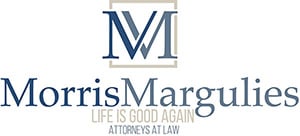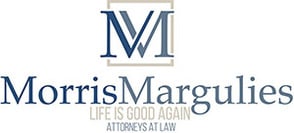
1. Credit Counseling. Section 109(h) of the Code requires that before the case is filed, the debtor must take a credit counseling course from an approved counseling agency. This has been interpreted to mean that even the day of the filing the debtor can take the course, as long as it is taken and completed before the case is filed. If it is taken after the case is filed, the debtor could be facing dismissal of the case. The certificate expires 180 days after it is issued. Therefore, if the debtor took the course more than six months ago, he or must take it again before the case is filed.
2. Payment Advices. Section 521 of the Code requires a debtor to file with the court copies of all payment advices or other evidence of income received within 60 days before the bankruptcy case is filed. In Maryland, the payment advices are sent directly to the trustee appointed to administer the case rather than filing them with the court. This means all evidence of income, paycheck stubs, pension income, disability payments, commissions, bonuses, social security payments, etc. Failure to provide these to the Trustee before the meeting of creditors could result in an automatic dismissal of the case.
3. Tax Returns and Bank Statements. Federal Rule of Bankruptcy Procedure 4002(b) requires that at least seven days before the meeting of creditors, the debtor must provide the trustee with copies of the debtor’s most recent federal tax income tax return or a transcript of the tax return. In Maryland, debtors should also send the trustee a copy of their bank statements which indicate how much money was in the account as of the date of filing.
4. Proof of SSN and Picture ID. At the meeting of creditors the debtor must bring evidence of his or her social security number. This evidence can be in the form of a social security card issued by the social security agency, a W-2 Form or a 1099 Form that contains the debtor’s full social security number. The debtor’s own tax return does not satisfy this requirement. The debtor can also go to the nearest social security office and ask for a letter verifying the social security number. The debtor must also bring a picture ID to the meeting of creditors. This can be a driver’s license, a medicare card that contains the debtor’s picture, a passport, a military ID card, etc. If the debtor does not have these documents, the trustee will most likely not conduct the meeting of creditors and the debtor and his or her attorney will need to appear at a rescheduled meeting at a later date.
5. Complete Disclosure of All Assets and Debts. Section 527(a)(2)(A) of the Code requires that the information contained in the debtor’s petition be complete, accurate and truthful. Section 527(a)(2)(B) requires that all the debtor’s assets be completely and accurately disclosed. Debtors and their attorneys should carefully go over each item in Schedules A and B and make sure that the debtor has disclosed all his or her assets and has properly valued them. Under valuing assets
is a cause to dismiss the case as a bad faith filing.

